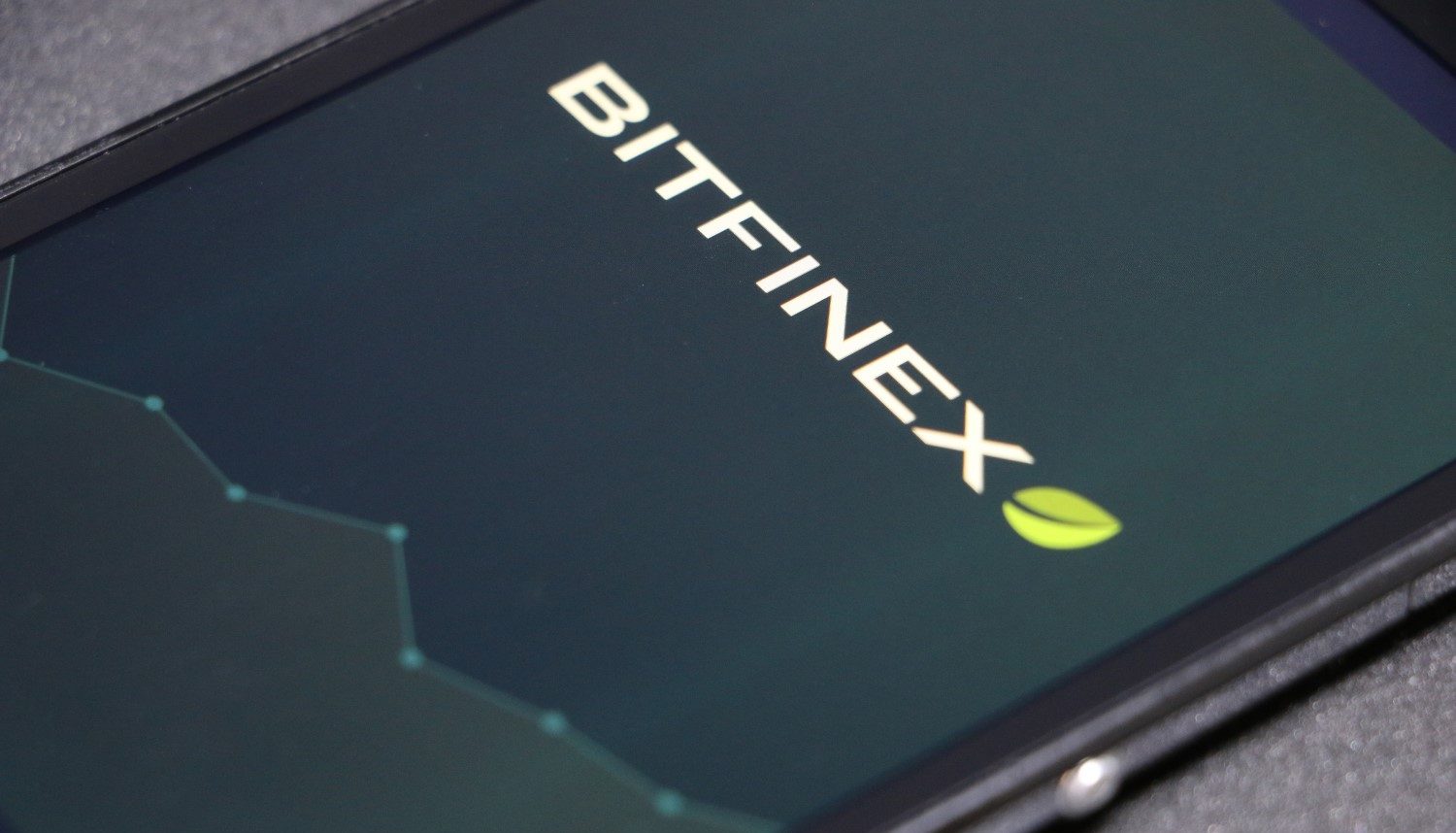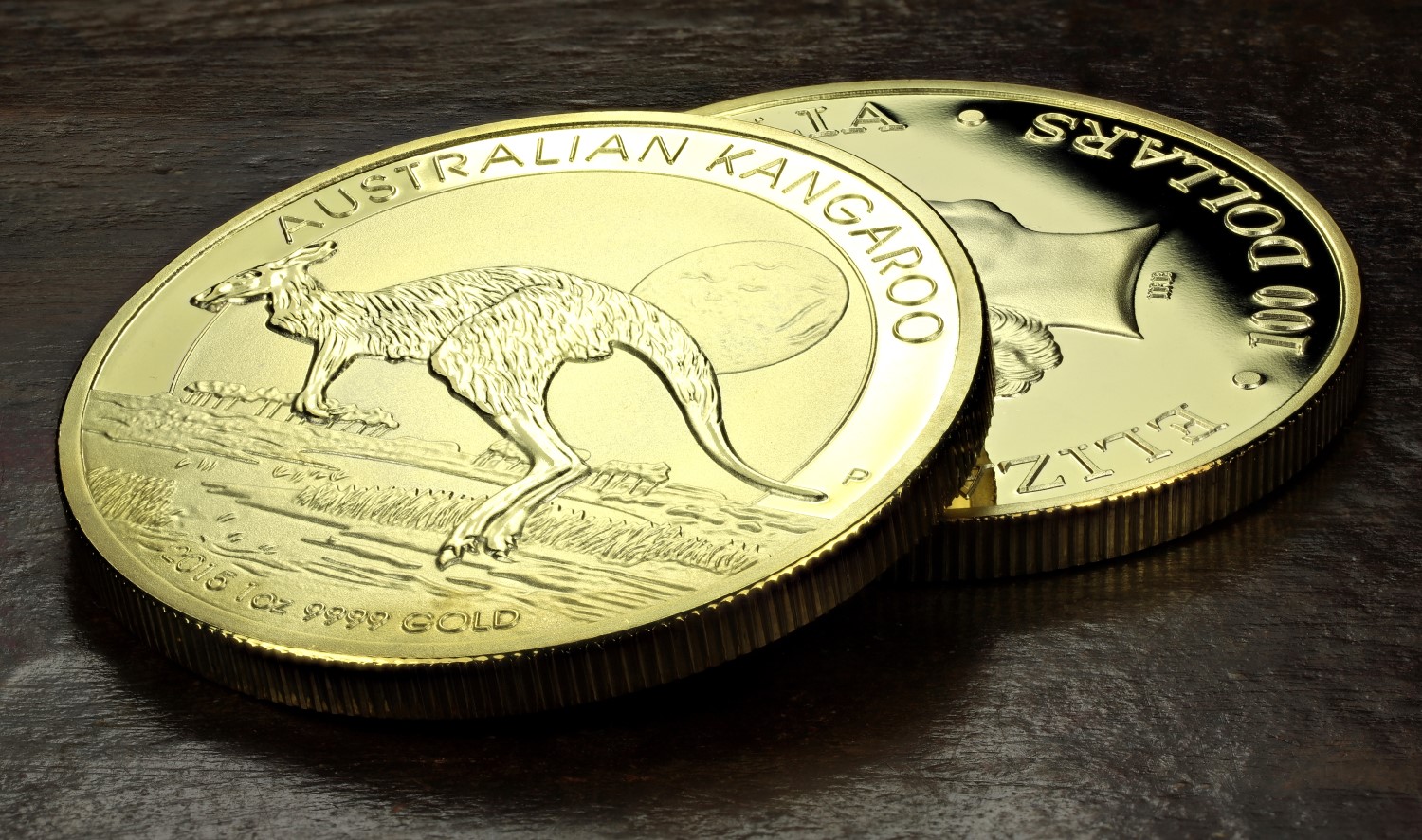Solana’s Largest Protocol, Marinade, Bets Growth on ‘Native’ SOL Staking Product
Top Solana protocol Marinade Finance will support direct-to-validator staking of SOL tokens alongside its popular mechanisms for issuing mSOL, the liquid staking token (LST).
The new service, called Marinade Native, eliminates the smart contract risk of swapping SOL for mSOL while preserving the expected yield of around 7%, developers say. That’s because users retain custody of their SOL as opposed to receiving what amounts to a yield-infused depository receipt.
Marinade is already responsible for $167 million in crypto assets – just a touch over half of the total value locked (TVL) on Solana. But its liquid staking solution seems to have hit a ceiling at 2% of the network’s SOL, protocol insiders say. They’re convinced Marinade’s further growth will come only from appealing to institutional investors too weary to handle LSTs.
“Marinade Native is basically targeting the 50-times bigger market and hoping to see more decentralization within staking on Solana,” said Michael Repetny, a core contributor to Marinade.
Staking SOL directly to validators is not new. It’s the original method investors used to capture the upside of Solana’s proof-of-stake blockchain, which pays interest to those who financially vouch for the validators powering the network.
What is new is that it spreads the staked SOL across an index of top validators rather than just one. The technique, called automated staking, is one of the two main benefits of its LST mechanism, alongside the part where it issues mSOL.
“It’s not staking to one, but to about 130 validators that are ranked based on their performance, based on some decentralization aspects and so on,” Repetny said. “We’re introducing a product that relies on this automated staking and avoids completely the smart contract risk.”
The risk of locking SOL into a liquid staking contract was demonstrated last November, when the collapse of FTX prompted a flight to safety across the Solana ecosystem, including in Marinade. Spooked mSOL holders began trading their liquid staking tokens at a discount rather than wait the few days it would take to reclaim their SOL from the protocol.
Although Marinade’s mechanics worked just fine throughout the process and none of the staked SOL was lost, the event underscored the limitations of liquid staking. The protocol is still recovering from the TVL rout it suffered during the incident.
Solana’s adoption of liquid staking remains far below Ethereum’s, the largest blockchain for DeFi and staking protocols. Repetny chalked the difference up to tech differences between the two chains and how they handle unlock periods.
There’s also about 60 million SOL locked in vesting contracts that Repetny said cannot be put to work through liquid staking solutions but can nonetheless earn yield using Marinade Native.
“Unless DeFi picks back up – which we’re starting to see hints of – the liquid value proposition on Solana to me is a bit small,” Repetny said.
UPDATE (July 19, 11:31 UTC): Adds liquid staking risk starting in eighth paragraph, comparison with Ethereum in ninth.
Edited by Sheldon Reback.









